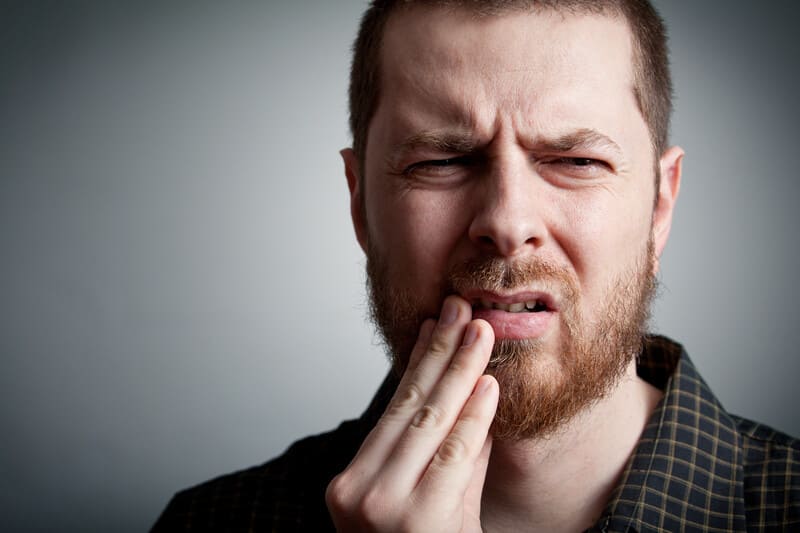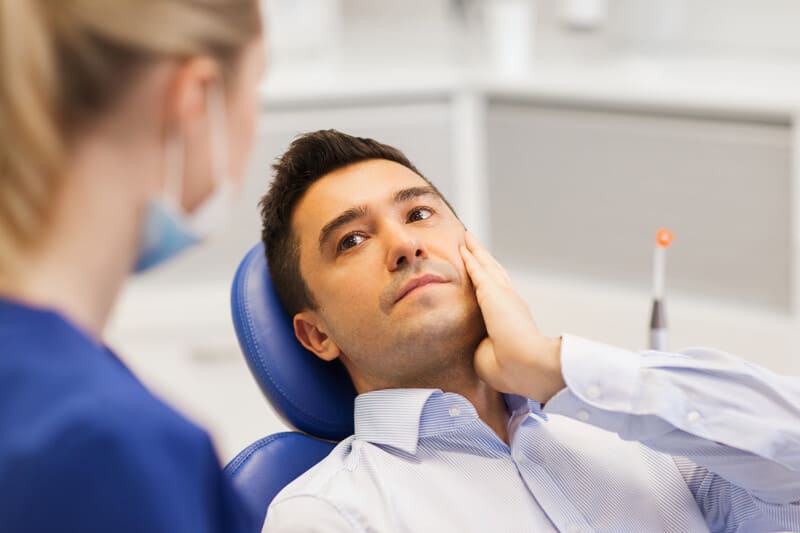TMJ/TMD Treatment at DOCS Dental


What Is TMJ/TMD?
TMJ stands for Temporomandibular Joint, which is the hinge connecting your jaw to the temporal bones of your skull. TMD, on the other hand, stands for Temporomandibular Disorder. This condition occurs when these joints are misaligned or stressed, causing pain in your jaw area and surrounding muscles.
Causes of TMD
You might wonder, “How did I even get this?” There are several potential causes of TMD. Some of them include:
- Teeth grinding or clenching, which puts a lot of pressure on the joint
- Movement of the soft cushion or disc between the ball and socket of the joint
- Arthritis in the jaw joint
- Stress, which can cause you to tighten your facial and jaw muscles or clench your teeth.
Pricing and Insurance
We believe everyone deserves access to effective TMD treatment, and that’s why we offer competitive pricing. While insurance coverage varies widely, many plans cover a portion of the cost of TMD treatments. We recommend checking with your insurance provider for specific information. Rest assured, our team will work with you to navigate the insurance process and ensure you understand all the costs involved.
Symptoms of TMD
Are you not sure if you have TMD? Here are some common symptoms to watch out for:
- Pain or tenderness in your jaw
- Difficulty in chewing or a sudden uncomfortable bite
- Swelling on the side of your face
- Aching pain in and around your ear
- Aching facial pain
Connection to Sleep Apnea
You might be surprised to learn that there’s a link between TMD and sleep apnea. Sleep apnea is a condition where your breathing repeatedly stops and starts while you’re asleep, often leading to poor quality sleep. If you’re dealing with both TMD and sleep apnea, they could be exacerbating each other. The good news is that treating one condition can often help relieve the other.
Treatment Options
Now, let’s get to the good part — the treatment. At DOCS Dental, we understand that every patient is unique, and we offer a range of treatments based on your individual needs. Some possible treatment options include:
- Pain relievers and anti-inflammatories: For many, over-the-counter pain relievers may help with TMJ pain. For others, prescription medications may be needed.
- Oral splints or mouth guards: These often help those who grind or clench their teeth.
- Physical therapy: This can include ultrasound, moist heat, and ice along with exercises to stretch and strengthen the jaw muscles.
- Surgical procedures: In extreme cases, surgical intervention may be required.

Call Us Today to Schedule an Appointment
Don’t let TMD keep you from living your life to the fullest. Call us at DOCS Dental today to schedule your consultation and start your journey towards a pain-free life. Our dedicated team is ready to answer all your questions and guide you every step of the way. Remember, pain doesn’t have to be a part of your daily routine. With DOCS Dental, relief is only a phone call away.
